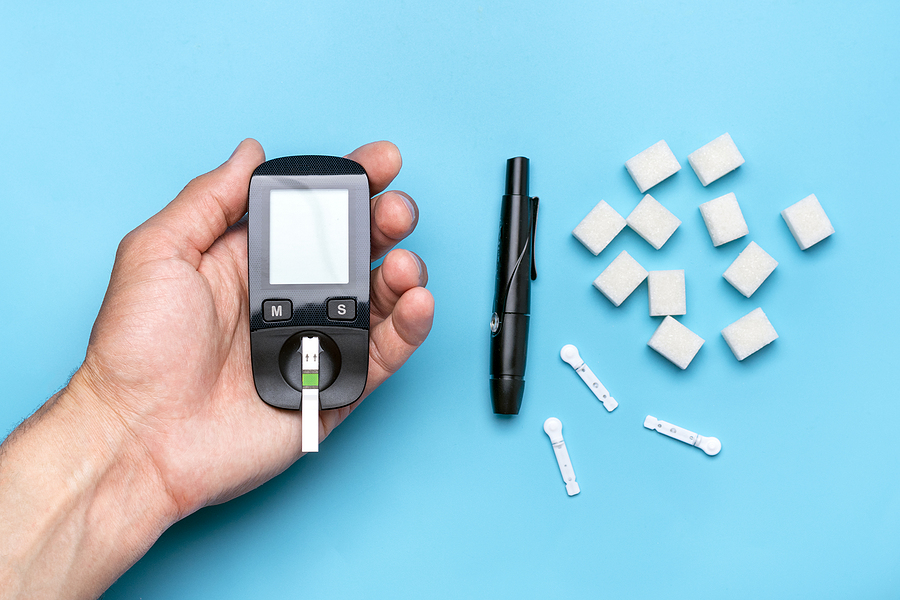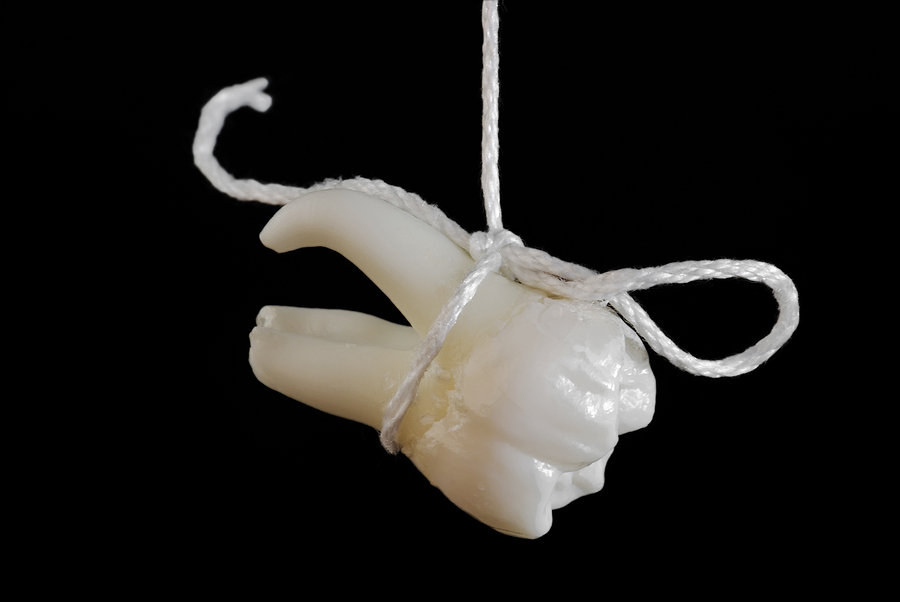Experiencing Dental Discomfort? Here's How to Determine If You Need a Root Canal - 5 Key Indicators
Posted by DRS. DAVILA & VELAZQUEZ, P.A. Jan 21,2024

Are you experiencing dental discomfort that just won't seem to go away? It can be frustrating and even downright painful. But before you start panicking, it's important to understand that there could be a solution – a root canal. While the thought of getting a root canal may sound intimidating, it's actually a common and highly effective dental procedure. In this blog post, we'll explore five key indicators that may suggest you need a root canal. So sit back, relax, and let us guide you through the signs that shouldn't be ignored when it comes to your oral health!
Understanding Root Canals
When it comes to dental procedures, root canals often get a bad rap. But what exactly is a root canal? Essentially, it's a treatment that aims to save an infected or damaged tooth rather than extracting it altogether. The procedure involves removing the pulp and nerve inside the tooth, cleaning and disinfecting the area, and then sealing it off to prevent further infection.
Root canals are typically performed when there is deep decay in the tooth, an abscess or infection at the root of the tooth, or trauma that has caused irreversible damage. It's important to note that while some people may experience discomfort during a root canal procedure due to sensitivity or anxiety, modern techniques have made this process much more comfortable than in years past.
The benefits of getting a root canal are numerous. By saving your natural tooth structure instead of opting for extraction, you maintain proper alignment and functionality in your mouth. This means no gaps left behind by missing teeth and no need for additional treatments like implants or bridges.
It's also worth mentioning that once you've had a successful root canal done, proper oral hygiene practices become even more critical. Regular brushing and flossing, along with routine dental check-ups, will help ensure your treated tooth remains healthy for years to come.
Symptoms That May Indicate the Need for a Root Canal
Experiencing dental discomfort can be quite distressing, and it's important to pay attention to any signs that may indicate the need for a root canal. While only a dentist can confirm if you truly require this procedure, there are certain symptoms that should prompt you to seek professional help.
- Persistent pain is one of the key indicators of potential root canal issues. If you have been experiencing continuous and intense toothache that doesn't subside with over-the-counter medication or home remedies, it's time to consult your dentist. This could be a sign of infection deep within the tooth.
- Another symptom to watch out for is sensitivity to hot and cold temperatures. If consuming hot or cold beverages or food causes sharp pain in your teeth that lingers even after removing the stimulus, it might suggest an underlying problem requiring a root canal.
- Additionally, swelling around the affected tooth or gum area should not be ignored. Swelling indicates inflammation, which may result from an infected tooth pulp needing treatment through a root canal procedure.
- Furthermore, discoloration of the tooth is another red flag. If you notice darkening or graying of a specific tooth without any apparent cause, like trauma or staining agents such as coffee or tobacco use, it could signify damage within the tooth, necessitating further examination by your dentist.
- Persistent bad breath and unpleasant taste in your mouth can also point towards dental issues that may require intervention such as root canal therapy. These odors occur due to bacterial infection inside the pulp chamber, which needs immediate attention from your oral healthcare provider.
Conclusion
If you've been experiencing dental discomfort, it's important not to ignore the signs. While tooth pain can have various causes, paying attention to certain indicators can help determine if a root canal is necessary.
Remember, only a qualified dentist can accurately diagnose and recommend treatment for your specific case. If you notice any of the symptoms mentioned in this article – persistent toothache, sensitivity to hot or cold temperatures, swelling around the affected area, discoloration of the tooth, or tender gums – it may be time to seek professional dental care.
By addressing these issues promptly with a root canal procedure if required, you can alleviate your dental discomfort and prevent further damage or infection in your teeth. Remember that early intervention is key when it comes to preserving oral health.
Regular dental check-ups and practicing good oral hygiene habits are also essential for maintaining healthy teeth and preventing more serious problems down the line. Don't hesitate to reach out to your dentist if you have any concerns about your oral health.
So take charge of your well-being by staying vigilant about any changes in your mouth and seeking prompt treatment when needed. Your smile will thank you!
More Blog Posts
Contact Us
1295 East Arlington Blvd,
Greenville, NC, NC, 27858
Email: info@doctorsdandv.com
Phone: (252) 756-7789
Working Hours
MON - THU8:00 am - 5:00 pm
FRI8:00 am - 1:00 pm
SAT - SUNClosed









